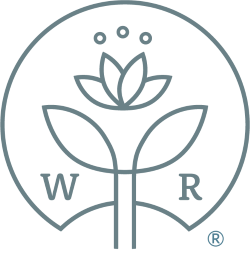Bupleurum Root
Also known as Bupleurum chinense, Chai Hu, Hare's Ear, and Thorowax Root.
Introduction The bitter, acrid, cooling root of the bupleurum plant has a Chinese name that literally means "kindling of the barbarians." The plant itself is a perennial ornamental that has sickle shaped leaves and clusters of small yellow flowers. First mentioned in the ancient medical text the Divine Husbandman's Classic of the Materia Medica over 2,000 years ago, it is speculated that its use may even predate written language. Bupleurum has been one of Traditional Chinese Medicine's most important herbs for "releasing the exterior," that is, for treating allergies, infections, and other health conditions at the point in the illness when symptoms first occur. It is considered one of China's "harmony" herbs, which are thought to affect the organs and energy in the body. Traditional Chinese medicine regards it as a deep liver cleanser which invigorates the circulatory system and clears "stagnation" anywhere in the body.
Constituents Bupleurumol, adonitol, spinasterol, linolenic acid, palmitic acid, saikosaponin, quercetin, rutin.
Parts Used The root, dried and chopped.
Typical Preparations Traditionally used in teas, sometimes encapsulated and as an extract. Combined with peony to treat menstrual problems, with bitter orange peel for irregularity or loss of appetite, with scutellaria for chills and fever.
Summary Traditional Chinese medicine uses bupleurum for a variety of ailments, including fever, reducing body heat, hemorrhoids, indigestion, lung congestion, and as a liver tonic. There is some research to show that saikosides, a constituent of bupleurum, are in fact a liver protectorate. It has also been used, when combined with ginseng and licorice, to stimulate the adrenal glands. As the primary ingredient in the Japanese herbal formula sho-saiko-to, bupleurum is Japan's most commonly used herb for treating hepatitis and liver cancer.
Precautions Should be avoided when pregnant or breast feeding. Bupleurum should not be taken if you are taking antibiotics as they may kill off certain bacteria needed to activate bupleurum. Extended use may cause gastrointestinal problems.
PURCHASE BUPLEURUM ROOT EXTRACT
For educational purposes only. This information has not been evaluated by the Food and Drug Administration. This information is not intended to diagnose, treat, cure, or prevent any disease.
This information courtesy of MOUNTAIN ROSE HERBS, with full, written permission for reuse.







